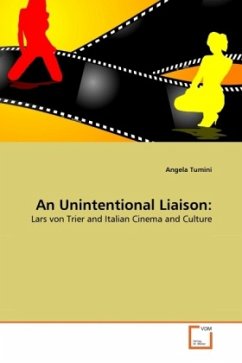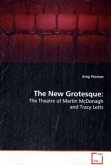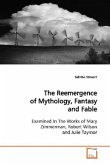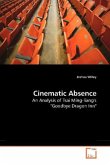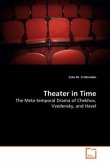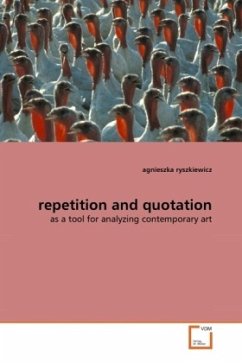This book provides a one-of-a-kind overview of the most important similarities that, as unintentional as they may be, connect Lars von Trier's films to Italian cinema and culture, proposing a challenging new perspective on his work. Since a large literature on Italian and Danish film-making already exists, this book focuses on the way in which von Trier's cinema can simultaneously be redefined in relationship with Italian cinema and culture, while rethinking, at the same time, the spectator's relationship to the movies. Over the past few decades, Lars von Trier has produced a body of fascinating films that provide intensive critiques of nearly every element of the cinematic apparatus, while emphasizing the obligation of filmmakers to rework the language of cinema. Following the example of the Italian Neo-Realist masters, he rejected illusion in order to rediscover a sincerity of cinema. In this search for truthfulness, von Trier has also placed himself closely to Italian culture where the recurring theme of aspiration to a coniunctio oppositurum, or to an ideal stage where spirituality intersects with the earthly, has dominated much of the film production.
Bitte wählen Sie Ihr Anliegen aus.
Rechnungen
Retourenschein anfordern
Bestellstatus
Storno

